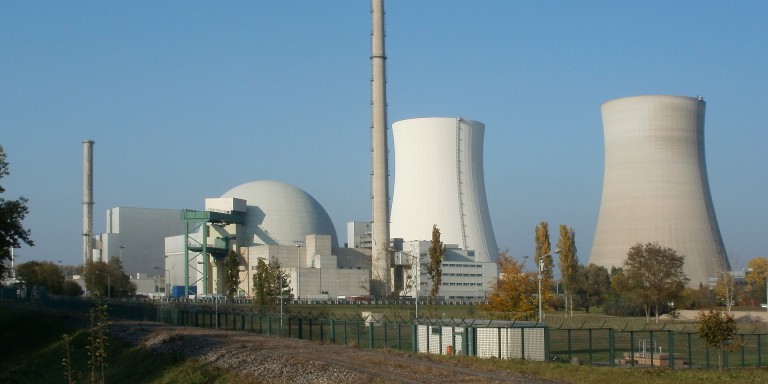Nuclear Plant Security Threatened by Cyber Attacks
Posted October 14, 2016 by David Schumann | A Nuclear World

Nuclear power plants represent a real threat to humanity. As detailed in the book, Heal and Protect: A Nuclear World, the security of a nuclear power plant is subject to a number of natural and man-made disasters including floods, earthquakes, tornadoes, tsunamis, wars, riots, terrorism, airplane crashes, EMP’s, lax regulations, poor corporate management, and of course, human and computer error. Another real threat to nuclear plant security that is becoming more prevalent is cyber attacks. As the International Atomic Energy Agency reported (IAEA), a nuclear power plant was hacked “three or four years ago alongside an attempt to steal uranium.”
As a recent article points out, the director of the agency, Yukiya Amano, revealed
Cyber attacks against core facilities are not ‘an imaginary risk,’ especially alongside more traditional threats — such as a case which followed in which an individual attempted to steal enriched uranium to use in dirty bombs.
The article continues:
In 2014, South Korean nuclear power outfit, Korea Hydro & Nuclear Power, was struck by a spate of cyber attacks which disrupted operations, lead to the leak of nuclear manuals online and triggered concerns about the facility’s network stability and security.
North Korea was accused of orchestrating the attacks. The country has denied any involvement and claimed the allegation was “a trumped-up plot against the communist country.”
This year, it was discovered that the Gundremmingen nuclear plant in Germany hosted malware on the facility’s computer systems. The malware was not considered particularly harmful to the plant’s operations — unlike Stuxnet, a worm dubbed the “world’s first digital weapon” which was used to disrupt Iranian power plants.
Nuclear power plants store extremely large numbers of spent fuel-rods that are extremely dangerous if they are not constantly cooled. Fukushima-Daiichi nuclear facility, even though it is heavily damaged, still leaking, and a source of constant struggle, must safely cool and store hundreds of spent fuel rods for decades more until they can be safely removed. Viruses and cyber-attacks that target nuclear plant security can cause serious issues for humanity. Cyber-warfare is part of the 21st century and the precedent has already been established that nuclear viruses, like Stuxnet, can be used to attack nuclear facilities of other countries. This is a bad development for peace and prosperity and one we should all be aware of.
Source
http://www.zdnet.com/article/cyberattackers-hack-un-nuclear-power-plant/
Comments ( 0 )